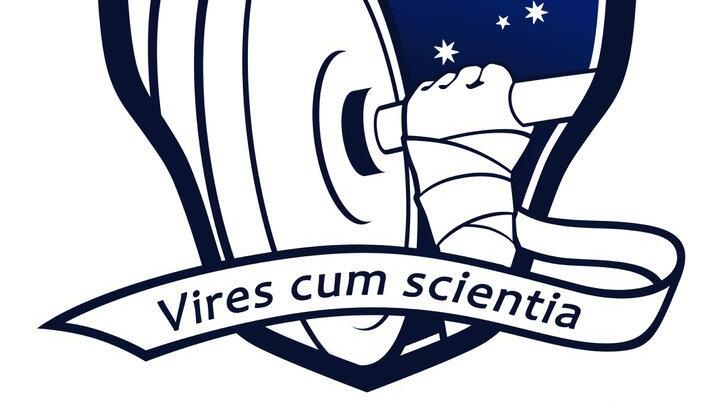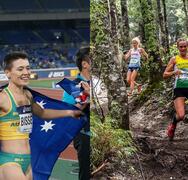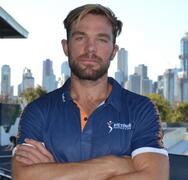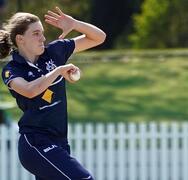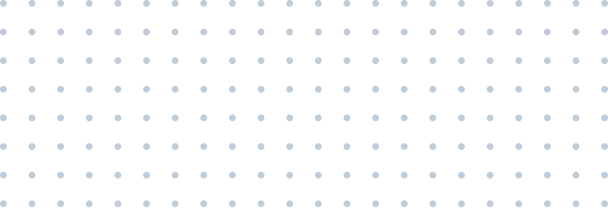24 April; Alex Ferguson
With many fitness and sporting activities halted in the face of COVID-19, there is a shared feeling of unrest within the sporting world, with many sporting seasons left up in the air, and many athletes keen to resume their training as soon as possible. With strict restrictions placed on exercise due to the Stage 3 government mandate, many clubs have had their access to training facilities severely reduced. One of such clubs is the Melbourne University Weightlifting and Powerlifting Club (MUWPC). As competitors in a sport that relies heavily on large, specialised (and expensive) equipment, MUWPC members found themselves in a difficult situation once access to gyms was banned by the government. With members confined to very different home environments and varying levels of personal access to gym equipment, the club was confronted by a large obstacle in the way of any attempts to adapt to an online training program.
Enter MUWPC members Victor Liu (Student Performance Squad Coach) and Quinn Higgs (Bachelor of Science). This dynamic duo saw an opportunity to fill the void left by COVID-19, and teamed up to provide members with an online spreadsheet program that could be used to auto-generate bodyweight training programs for people, complete with instructions on how to complete the exercises. Combining Liu’s coaching experience and Higgs’ wizardry with an excel spreadsheet, the “Quarantine Gains Pro” tool was born.
Already the tool has been well received by other MUWPC members, who have praised the flexibility of the program, users able to customise exercises to suit themselves and their current situation. In creating this functionality, Liu stressed the importance of teaching athletes how to take a more active role in their training. Given the changes to routine that COVID-19 has on our daily lives, both Liu and Higgs agreed that this period represented the perfect opportunity for athletes to take a step back from their current routine and to see how they could improve it.
Liu highlighted the inherent difficulties of training for powerlifting, which by nature is difficult to train for outside of a gym as it requires heavy weights and low reps, as opposed to the high number of reps undertaken with bodyweight training. Although not central to their sport’s core training program, Liu nonetheless stressed the importance of athletes from all different backgrounds using alternative training methods like bodyweight exercises to maintain their physical conditioning in times like these, as well as focusing on particular elements of their skillset or fitness that may have been previously overlooked or ignored. While they admitted that major advances would be difficult to achieve during this isolation period, both agreed on how crucial it is to make the most of an unfortunate situation, and to capitalise on this time to ensure athletes are in the best possible form to dive back into training post-restrictions.
Higgs, who despite being a first year student at the University of Melbourne, had already been involved with the club during his Year 12 studies, praised the club’s response to maintaining the same strong sense of community during this period of physical isolation as that which had originally attracted him to the club. Weekly team catchups are held for club members to socialise together and discuss their how quarantine training efforts are going, among the many other catch ups that are organised between members. Both highlighted the need for clubs to continue finding ways to engage their members, be it socially, or through sport related programs.
More importantly, however, is the need for clubs of all kinds to share their ideas and programs to encourage greater creative output and more effective training tools. With all this government and media reporting on social distancing it can be easy to fall into the defeatist isolation mindset, when in reality we are stronger when we come together to overcome these challenges.

